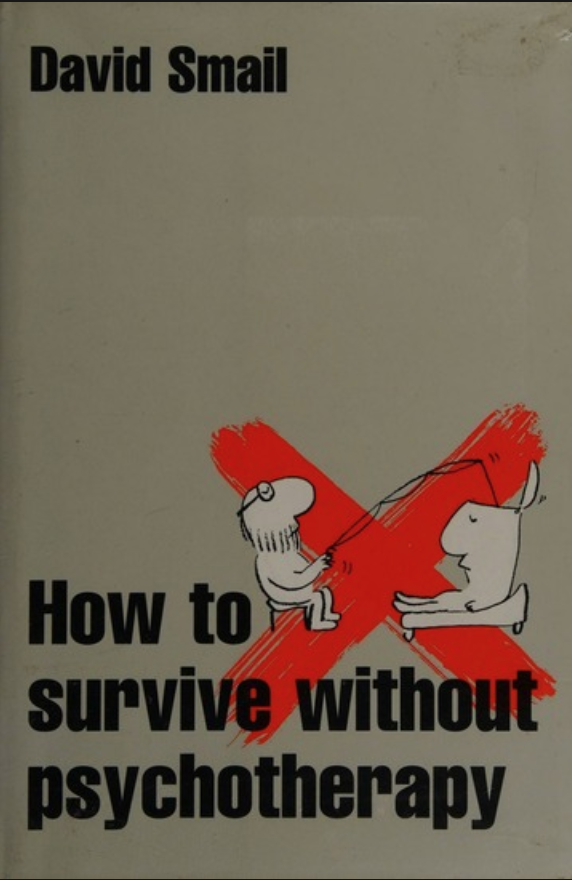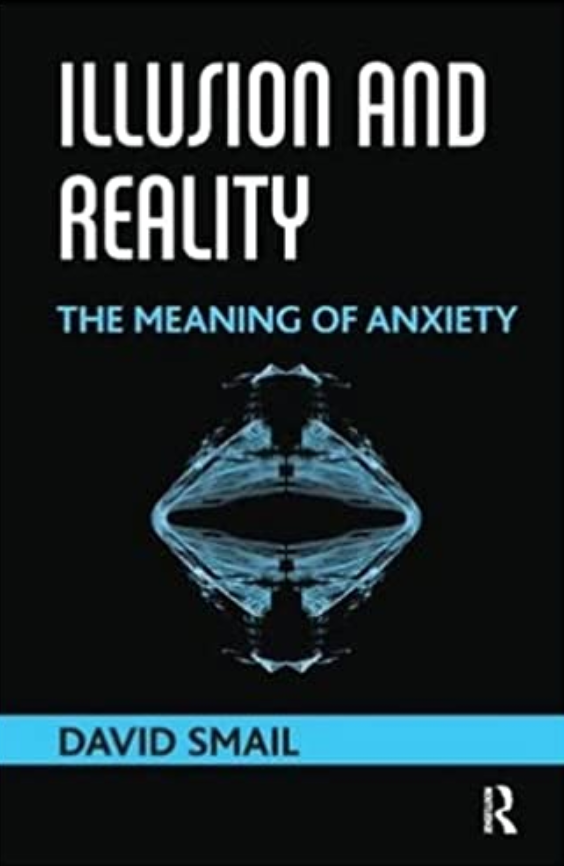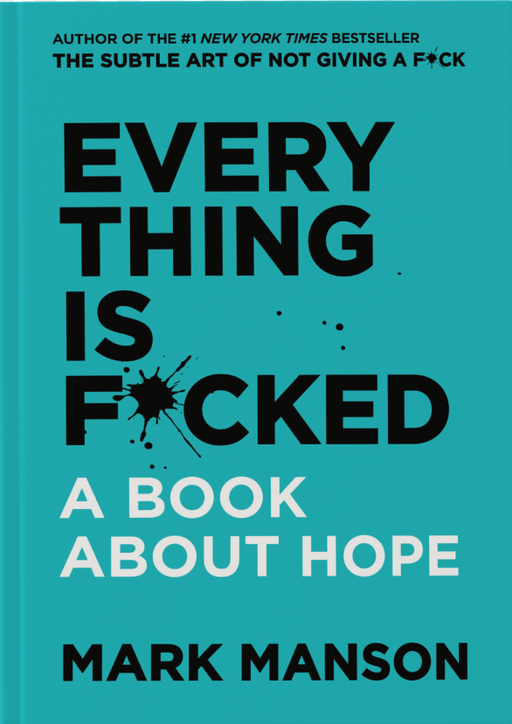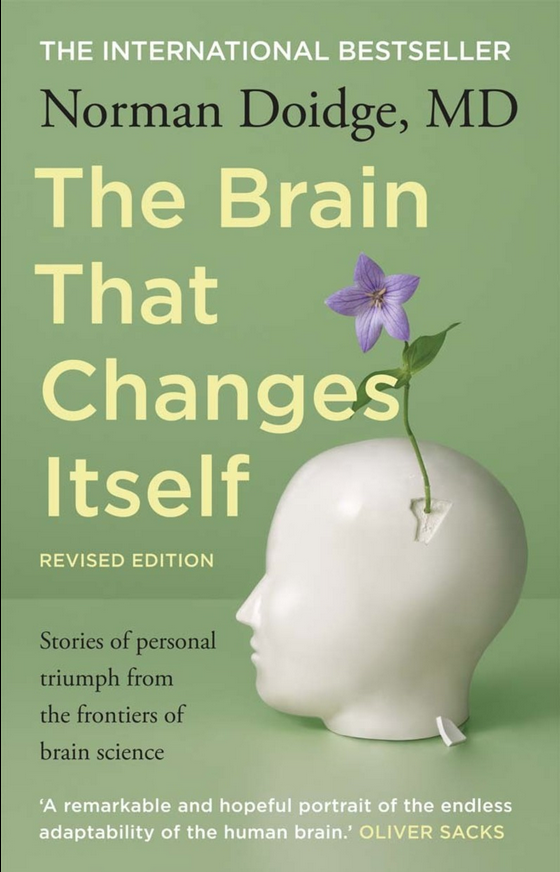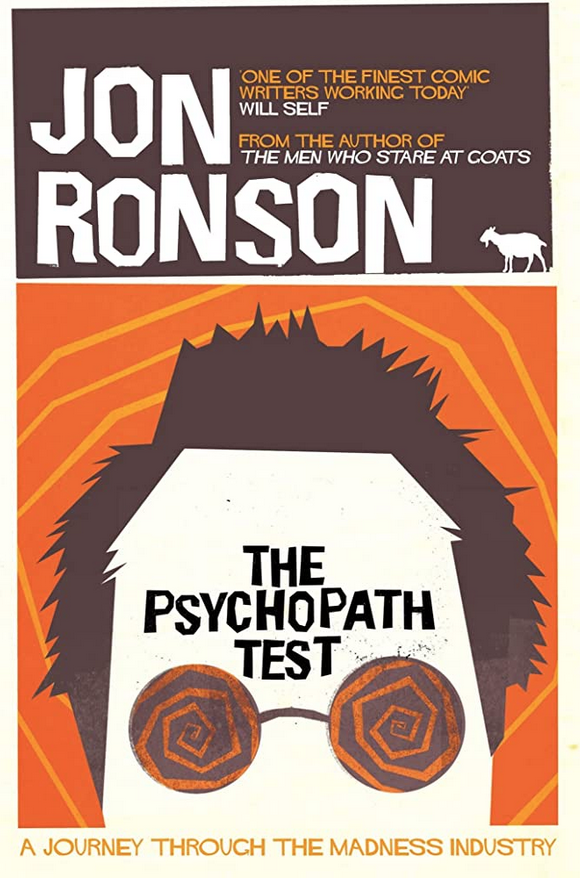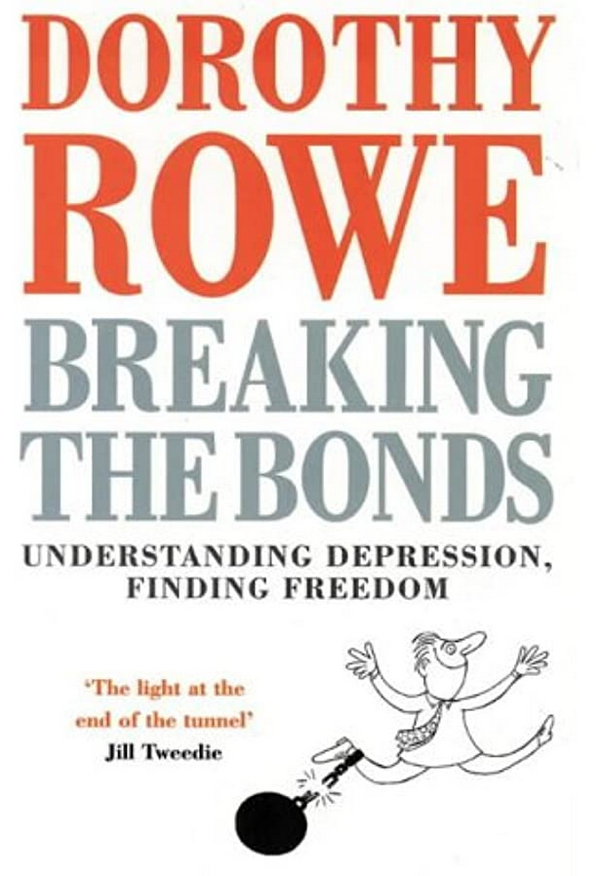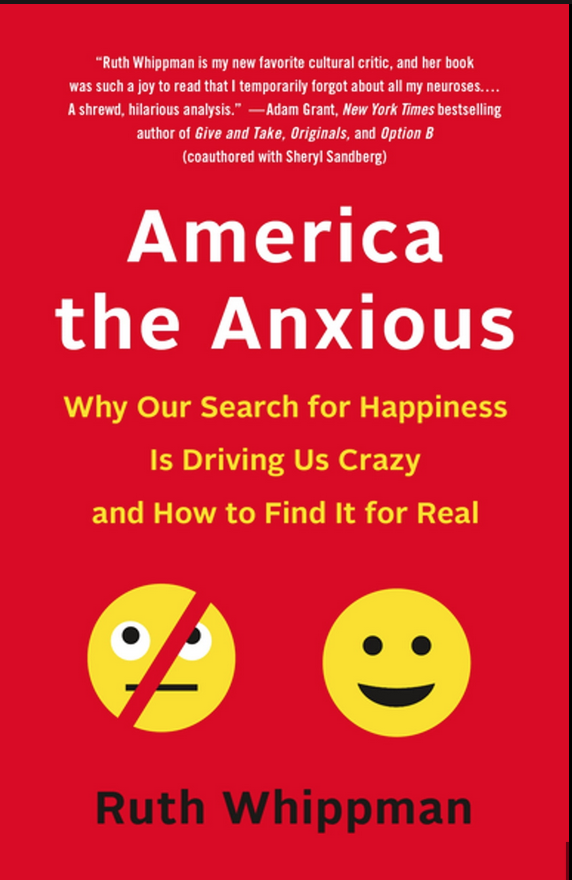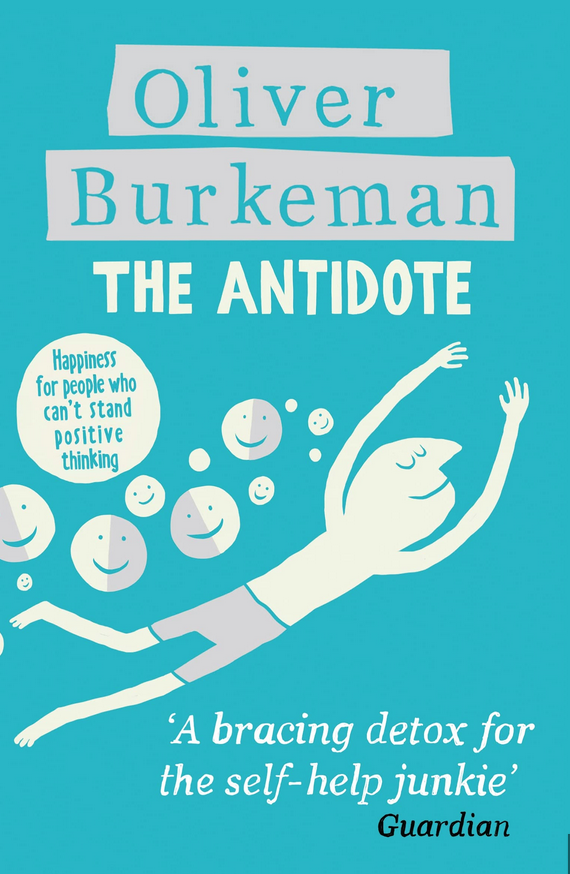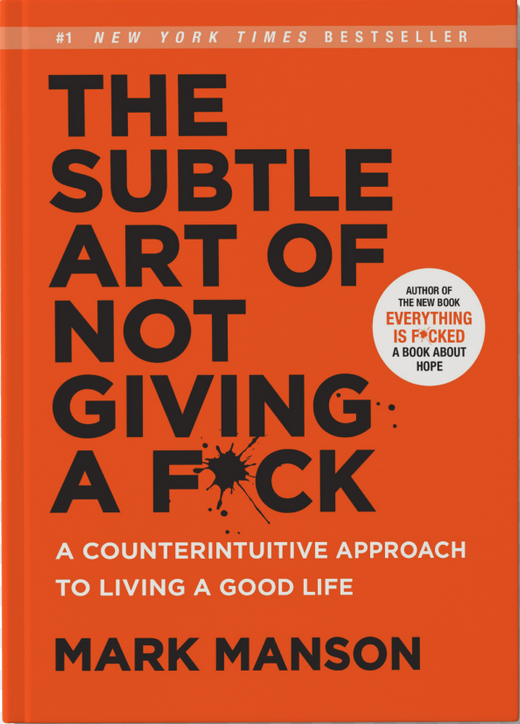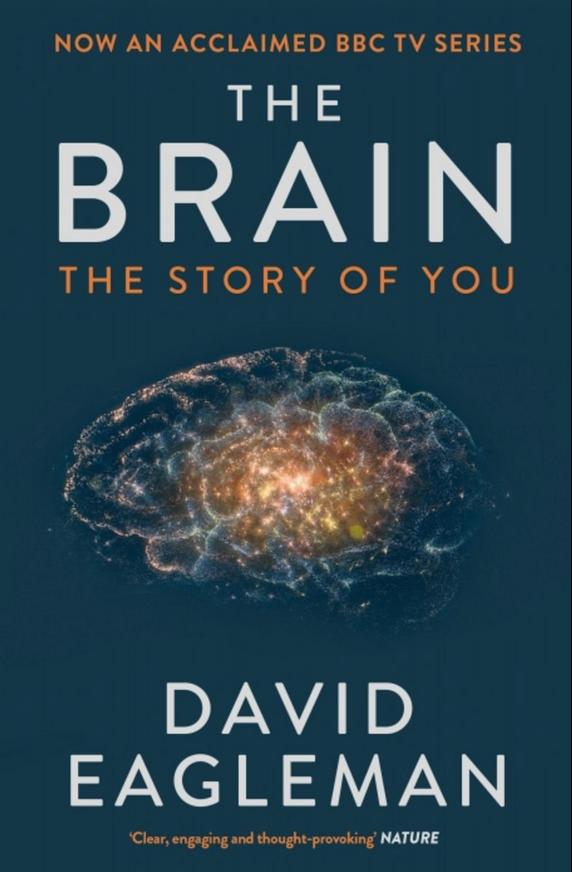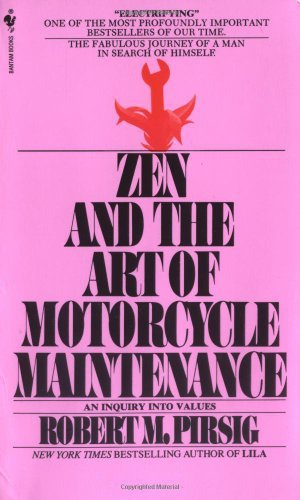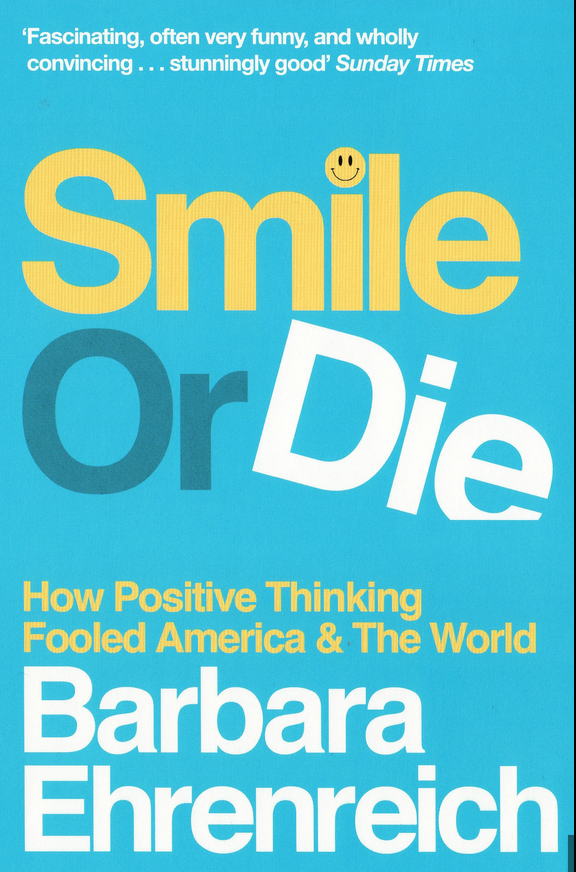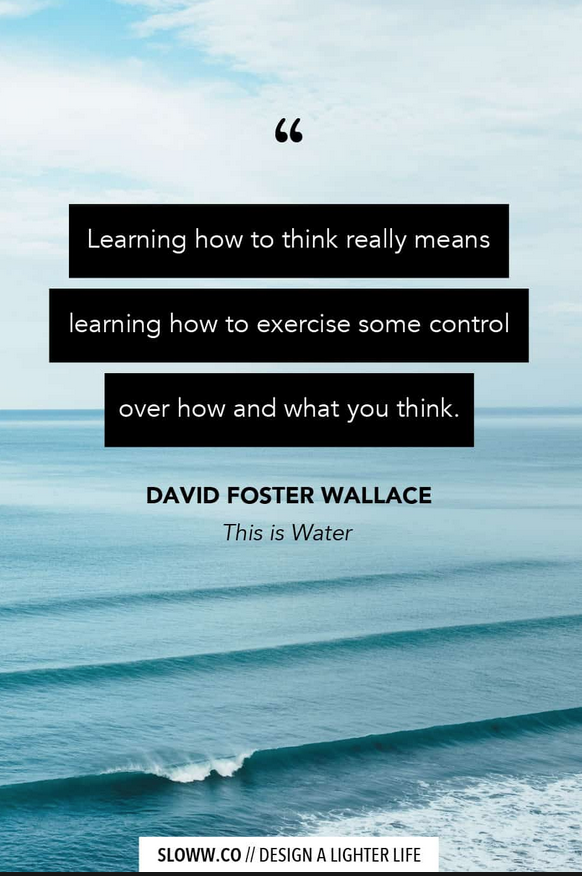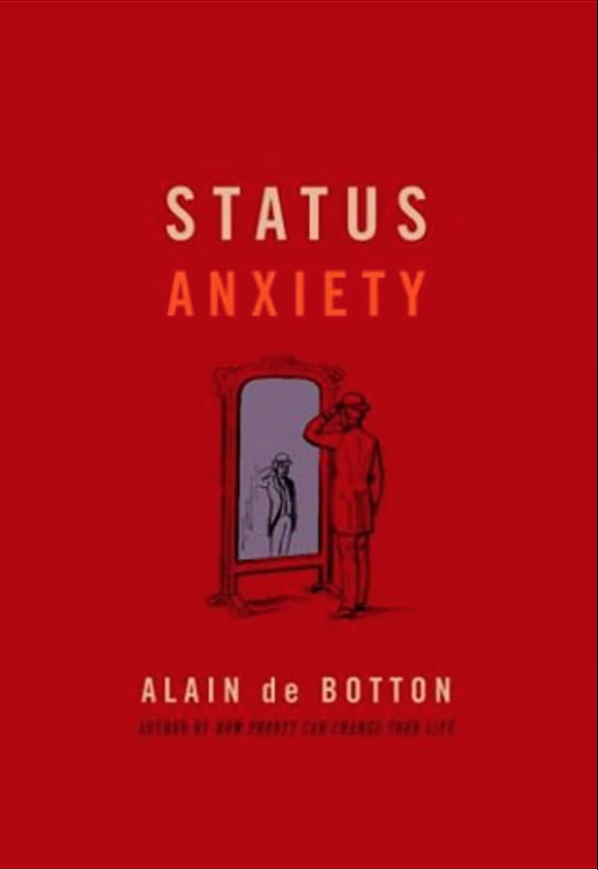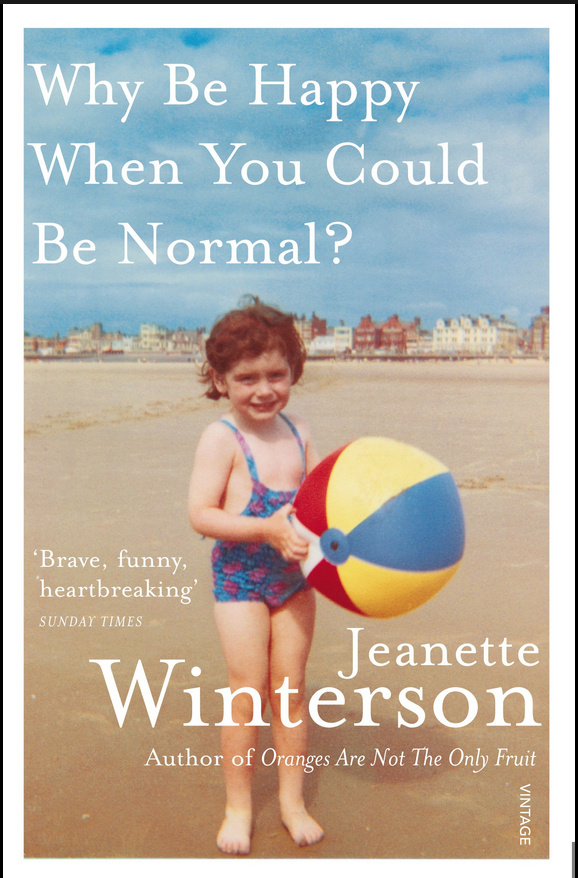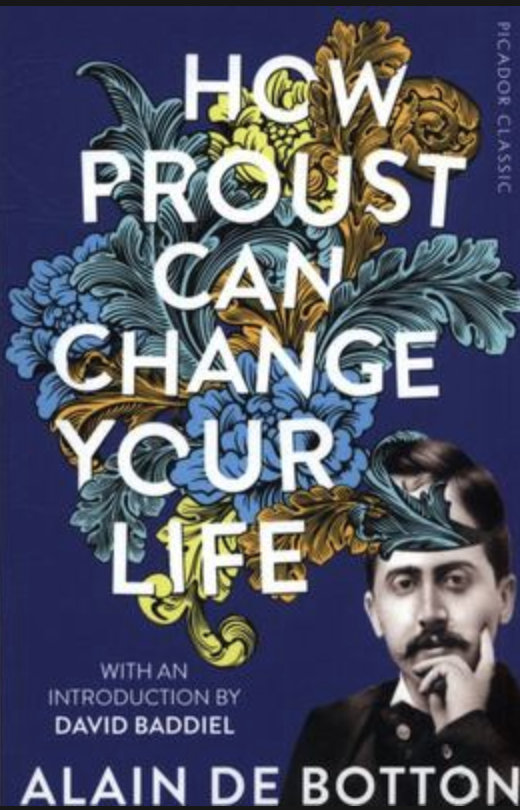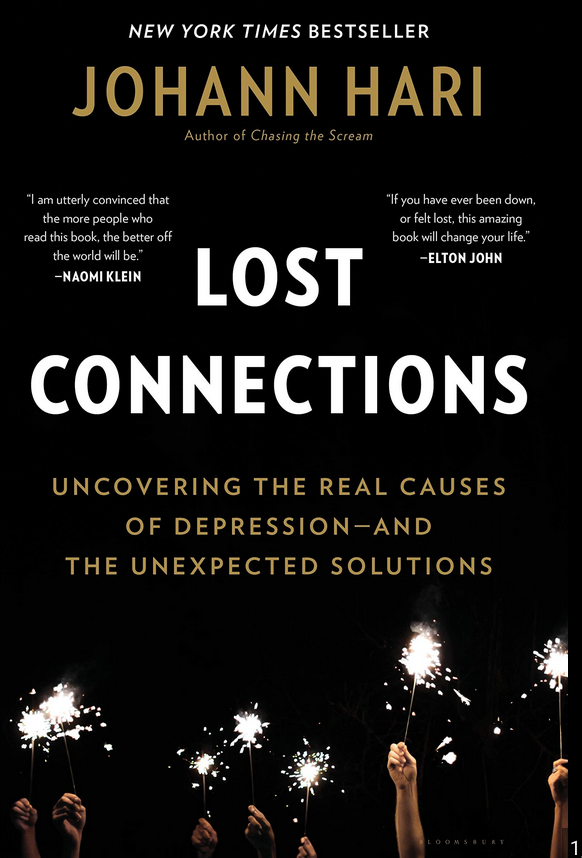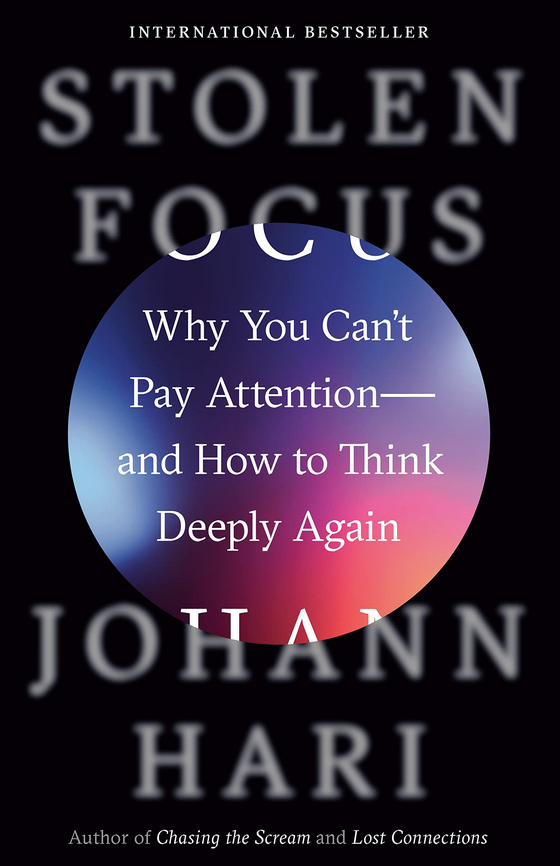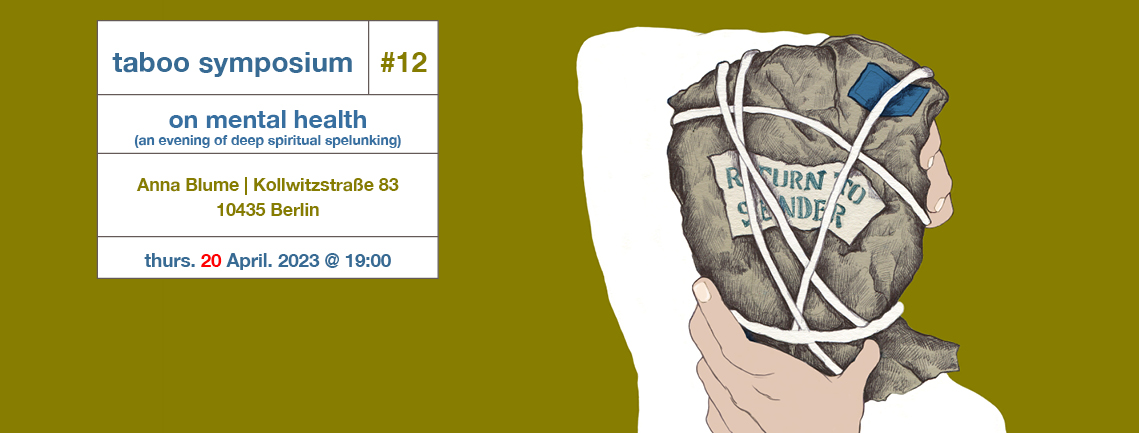the agenda
The DSM (Diagnostic and Statistical Manual of Mental Disorders) is the American bible of mental disorders, used by most of the Western world for diagnosing mental illness. In the DSM-IV there was a clause called ‘the bereavement exclusion’ which stated that those suffering from the death of a loved one exhibited symptoms synonymous with depression, but their reaction to this traumatic event was ‘normal’ and could therefore not constitute mental illness. Upon realising the slippery slope this exposed professional psychiatry to regarding the ‘scientific’ diagnosis of mental health, the bereavement exclusion clause was deleted in the DSM-V.
Because, as Johann Hari points out in his book Lost Connections, this action by the medical profession begged a greater question: Why is death the only event that can happen in an event where depression is a reasonable response? Why not if your husband has left you after thirty years of marriage? Why not if you are trapped for the next thirty years in a meaningless job you hate? Why not if you have ended up homeless and you are living under a bridge?”*
There have been some outliers in the areas of mental health research, psychologist David Smail being (to my mind) one of the most noteable, who point out that ‘mental illness’ as we know it might well be “a particularly human reaction to inhumane times.” In Smail’s words: “Nobody would suggest that the panic attendant upon being charged by a bull in an open field would best be ‘treated’ by taking a tranquilizer, but rather that its prompting to you to take to your heels could usefully be heeded.”**
Talking points for this event include trying to establish some parameters for mental health/illness that are more humanely flexible than the ‘one-size-fits-all’ version fed to us by the medical establishment at large. Like everything else in the WEIRD*** world these days, pain is becoming increasingly privatised. The solutions to our psychological unrest (we are told) are only to be found in solitary pursuits: self-actualisation, self-help, self-care; from consuming the right foods to meditation to medication of all sorts and manners.
This discussion will be an attempt to ‘un-privatise’ those thoughts for a few hours and compare notes. As always, very much looking forward to all and any manner of non-WEIRD input on the matter as well. 🙂
* Hari, Johann. (2018) Lost Connections: Uncovering the real causes of depression – and the unexpected solutions. USA: Bloomsbury.
** Smail, David, (2019) Illusion and Reality: The Meaning of Anxiety. USA: Taylor and Francis Group
*** WEIRD = (strangely) White, Educated, Industrialised, Rich, Democratic.
w.e.i.r.d** (but recommended) reading on and around the topic
